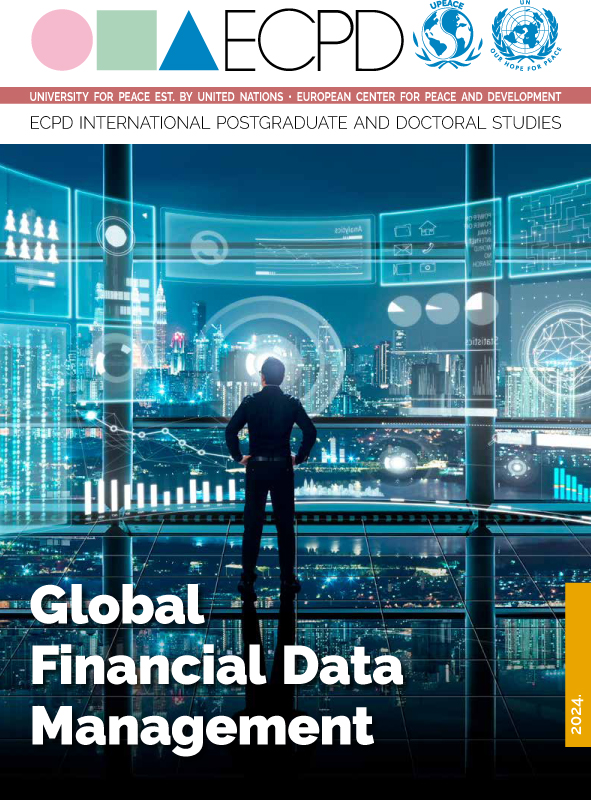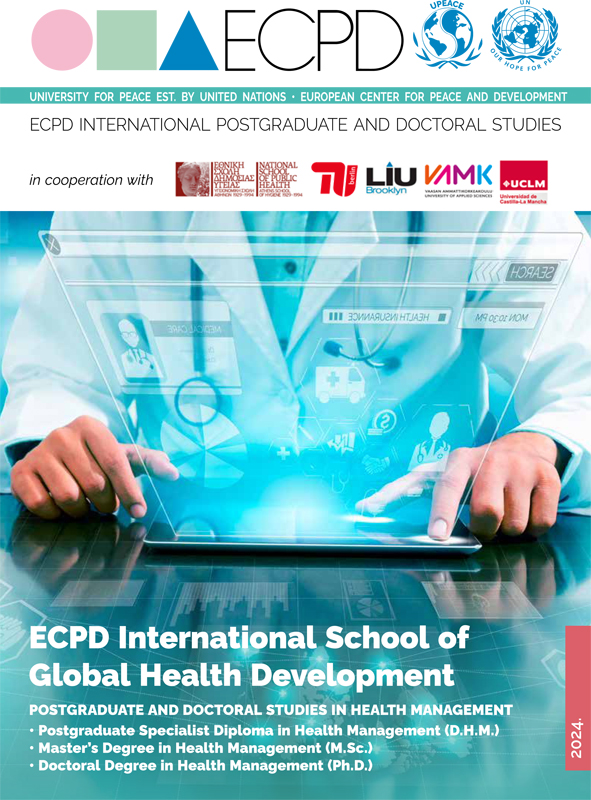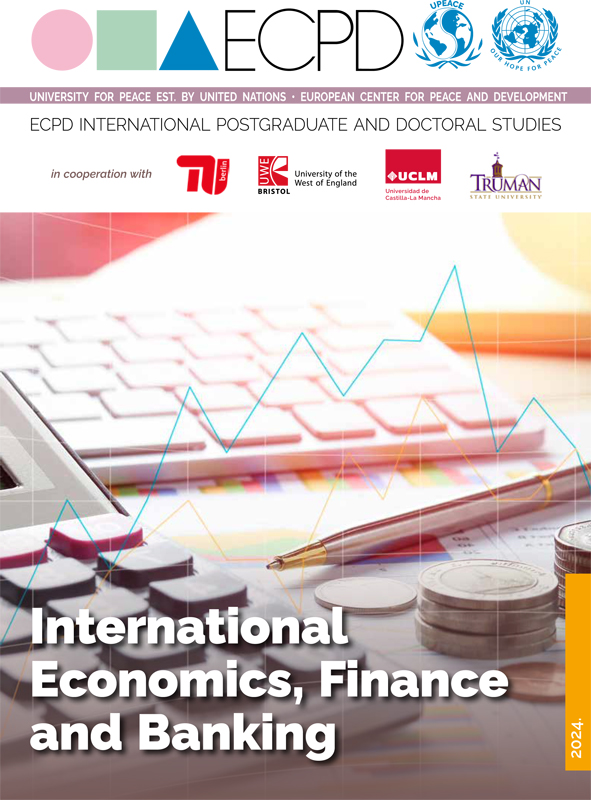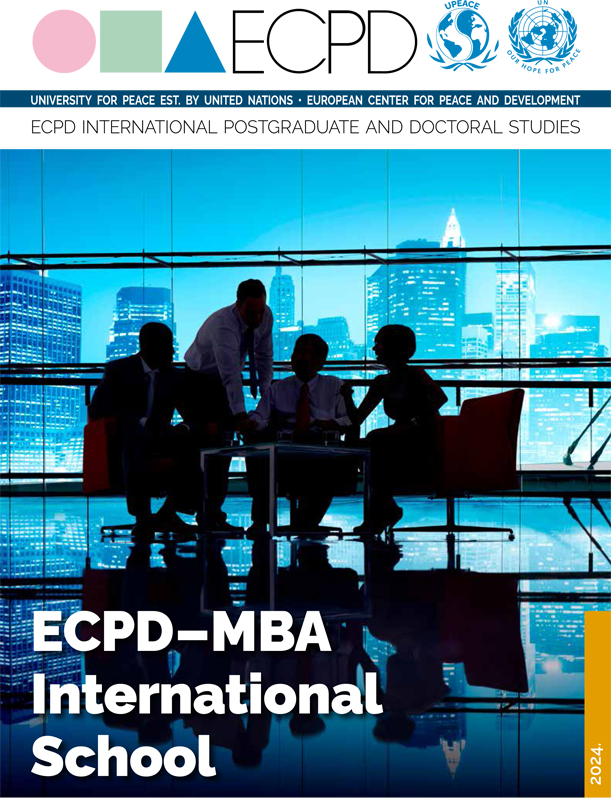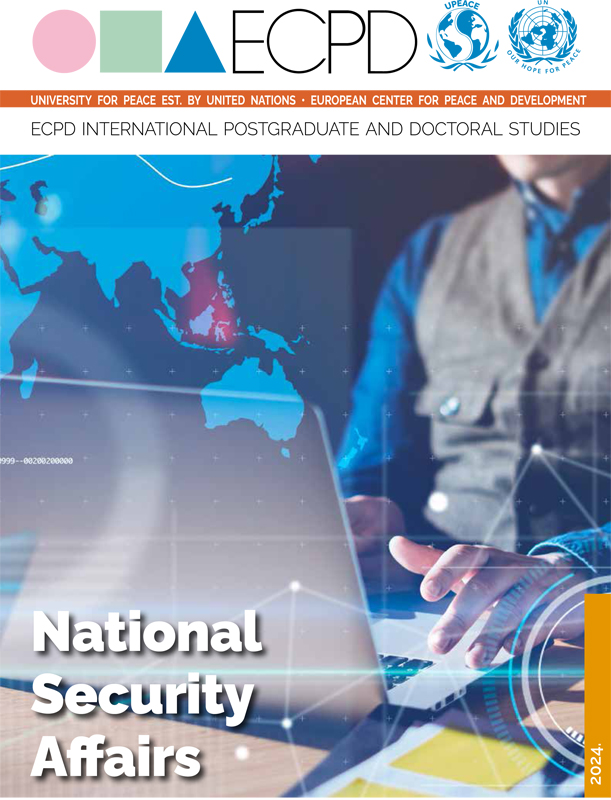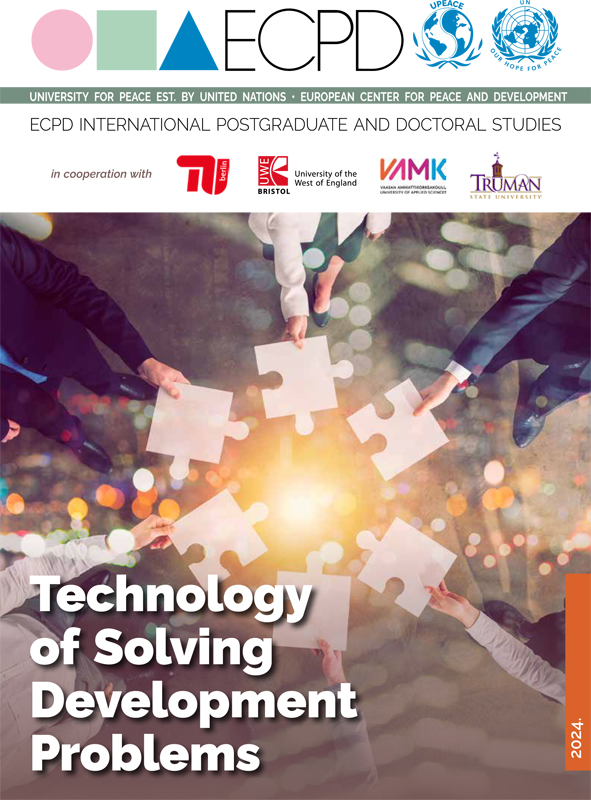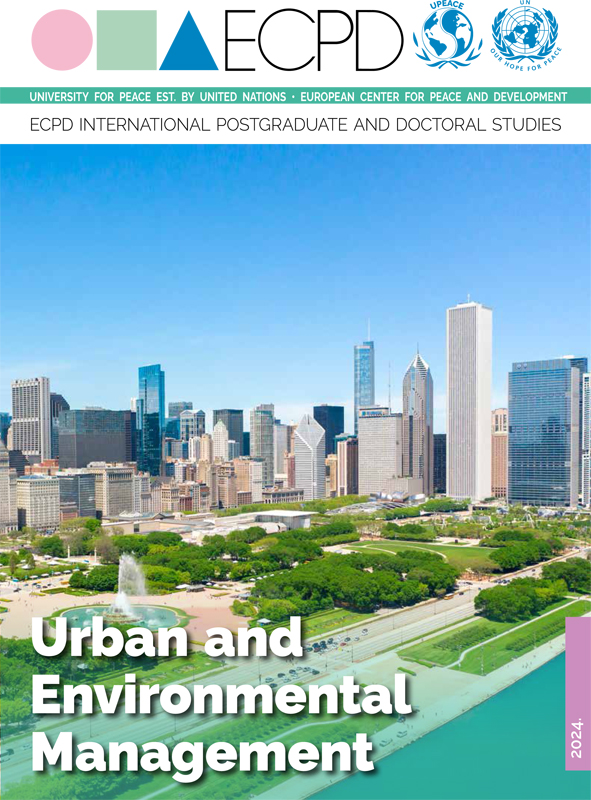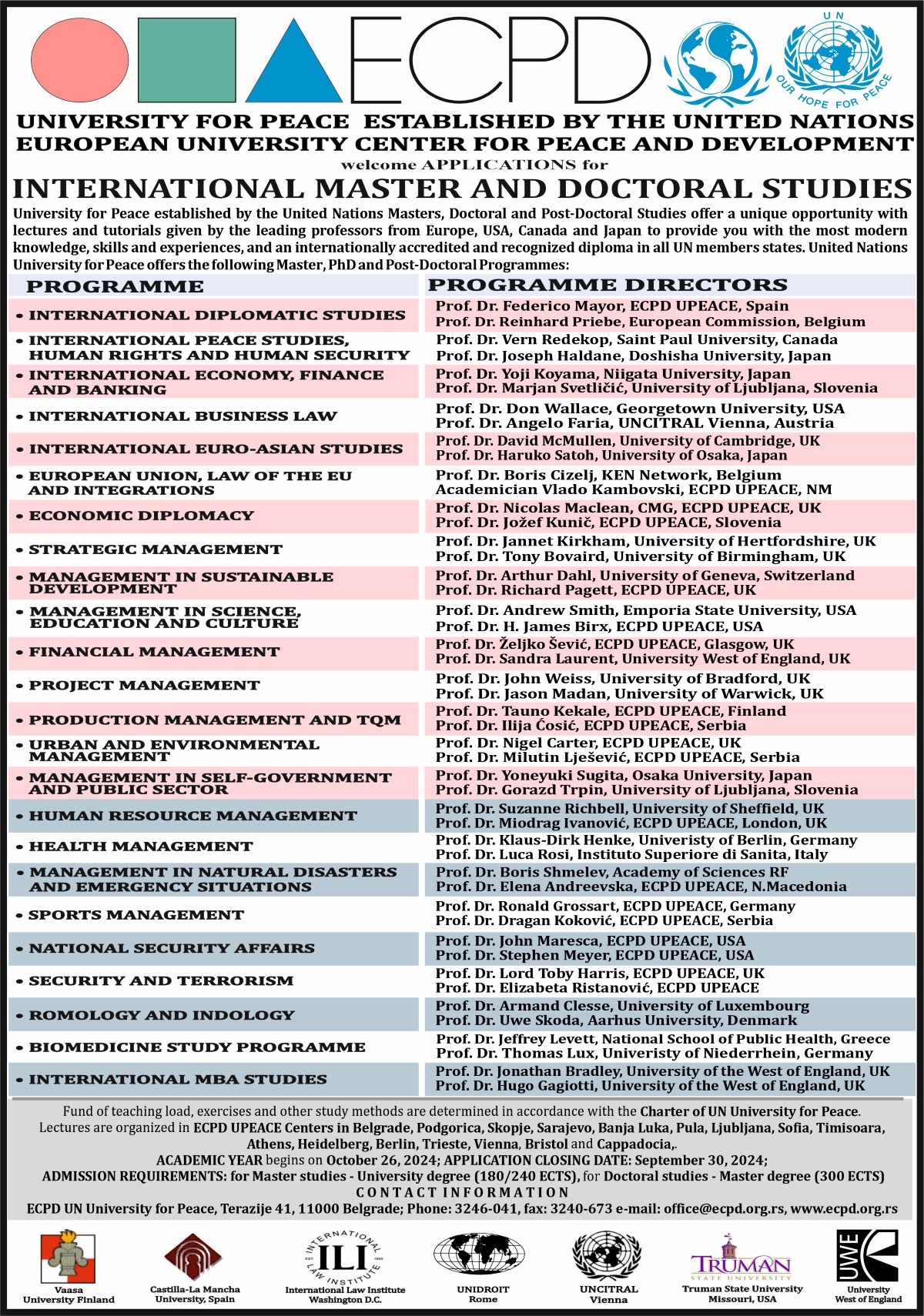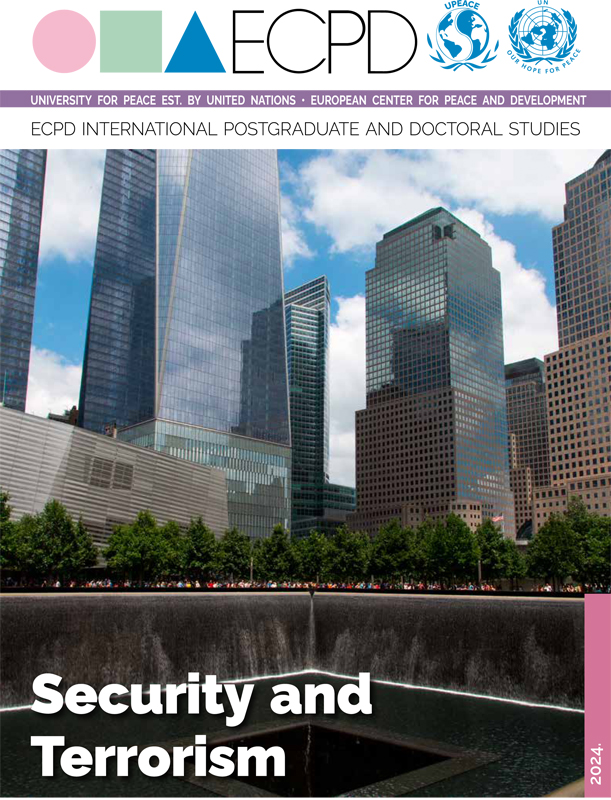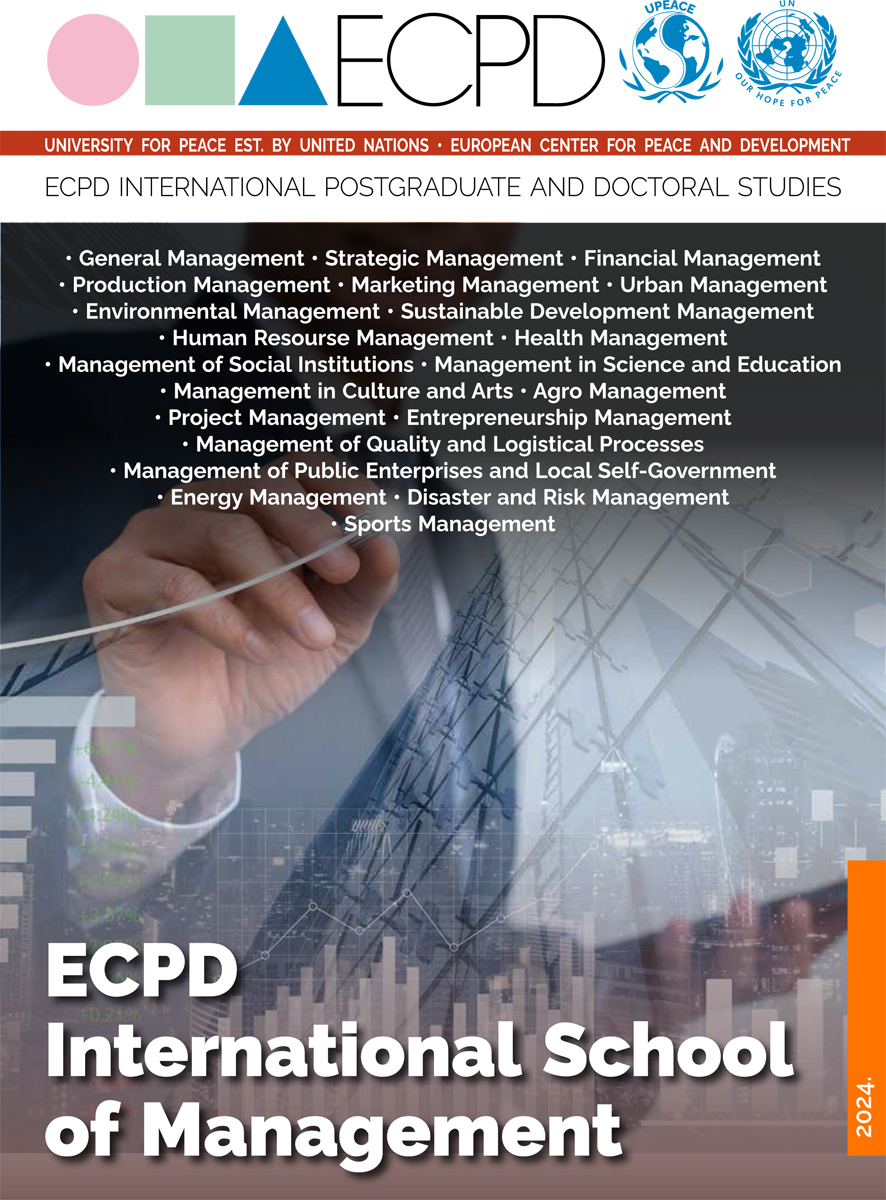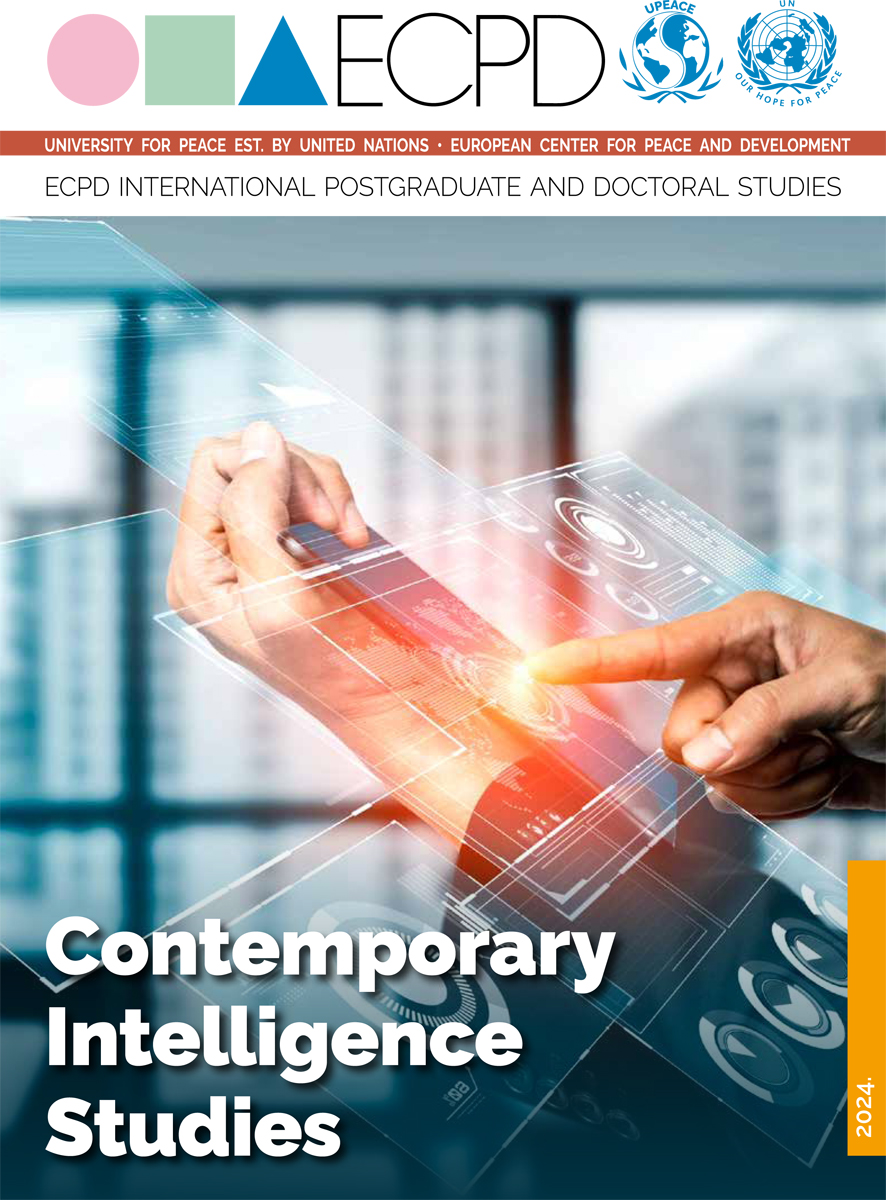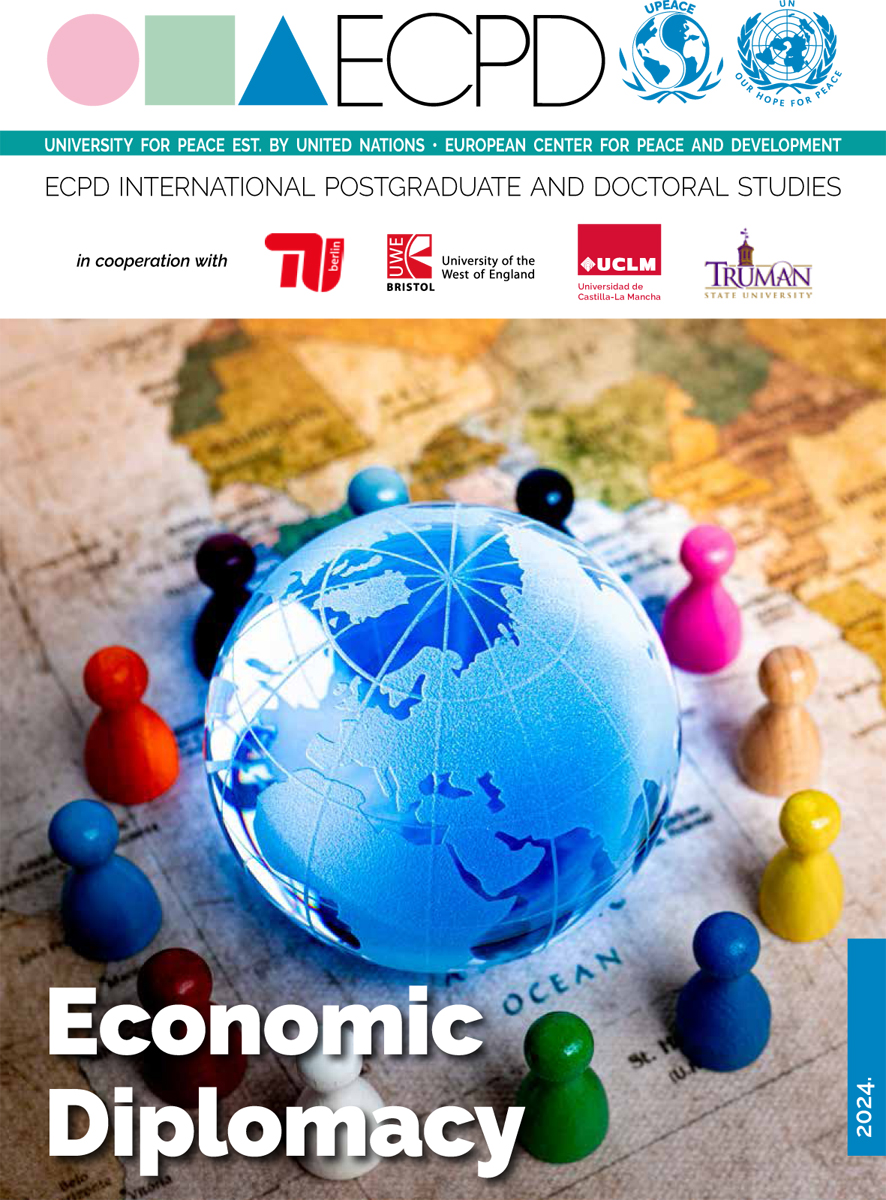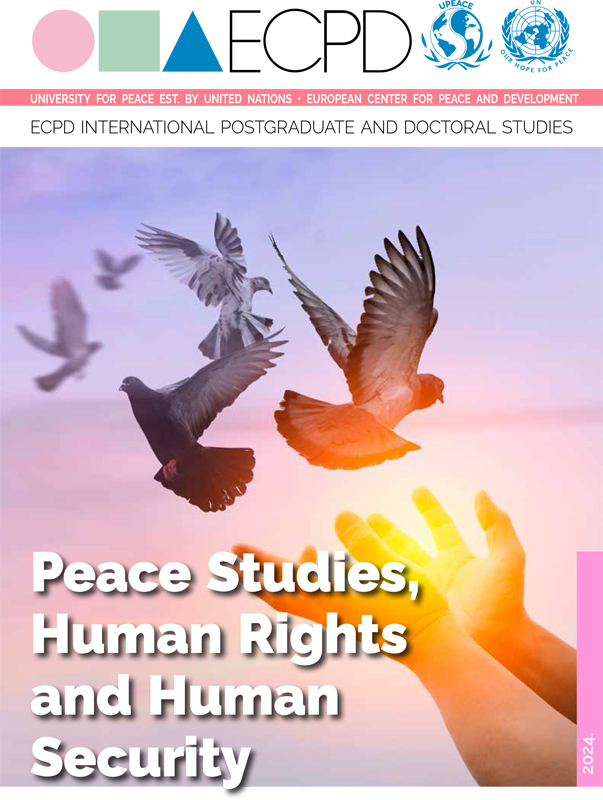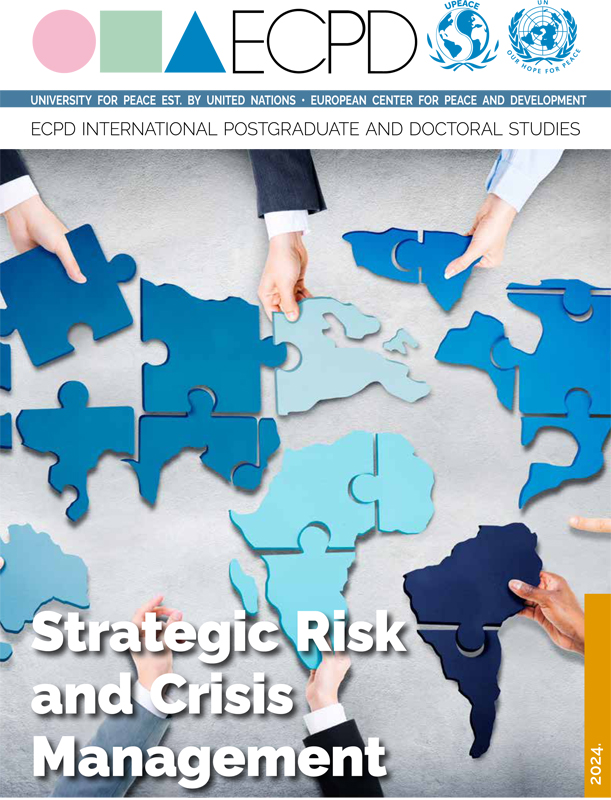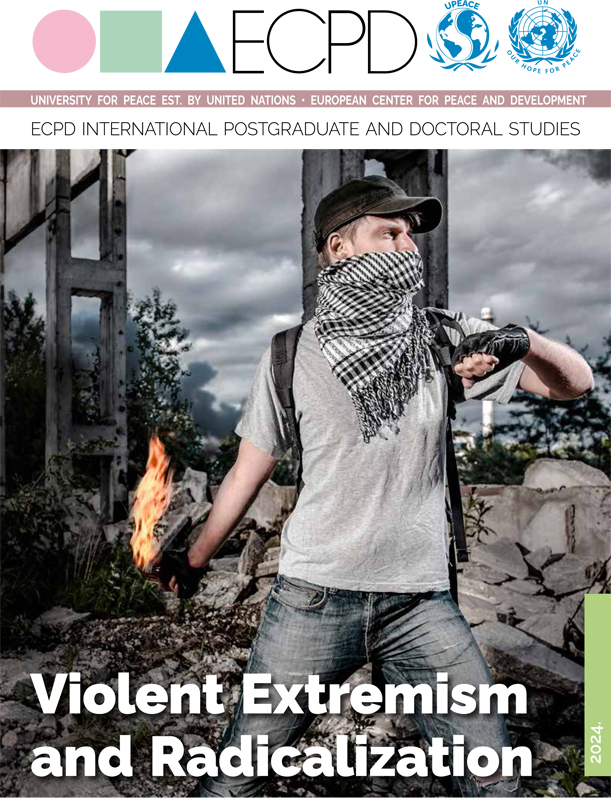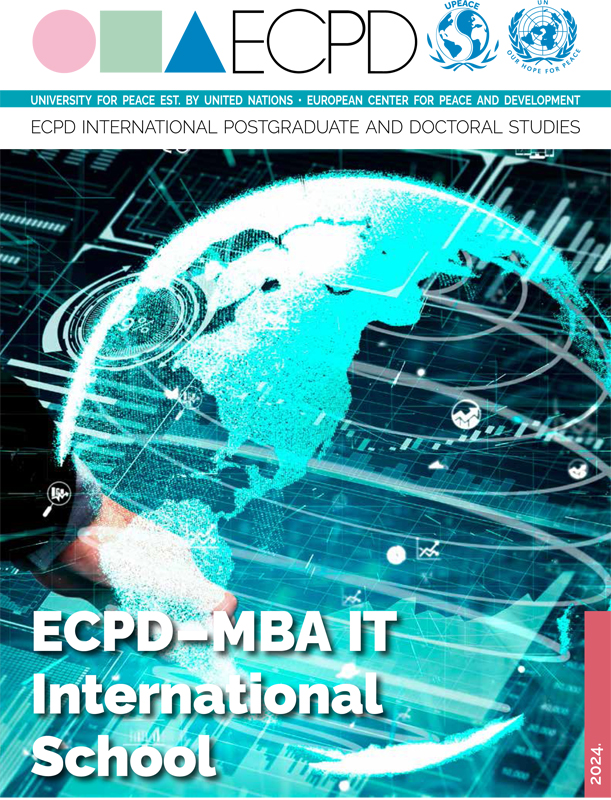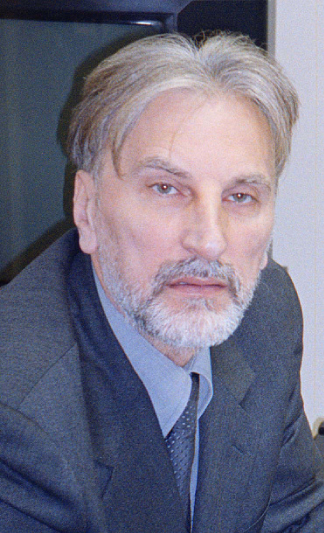
November 17th, 2022
Highly Esteemed Colleagues and Friends,
I greet You all from Belgrade and through the voice of Professor Jeffrey Levett a colleague of nearly 30 years. With as much vigor as I forward my best wishes for an ecumenical reverberation and worldwide influence of your planned and impressive event now taking place in Kuala Lumpur and as sincerely as I now welcome you to the family of the European Center for Peace and Development and the University for Peace, established by the United Nations, much more I regret not being with you today. For your information we have just concluded a series of on campus and other activities in several cities that included our Fifteenth Annual International Conference with the theme of the UN AGENDA 2030 and the international ECPD The Tenth Jubilee Global Youth Forum under the Chairmanship of ECPD President, Federico Mayor, Former long-term Director General, UNESCO.
Just one aside on the UN agenda 2030 to transform the world. At the heart of Agenda 2030 are 17 Sustainable Development Goals (SDGs) that integrate the economic, social and environmental challenges facing the world, and that put humans back at the centre, with the aim to leave no one behind. Arthur Lyon Dahl, Head of Department for Sustainable Development, Colleague in the ECPD and President of the International Environment Forum, asked and answered where are we now with Agenda 2030 - We are behind in reaching the goals by 2030? The current Rector of the OF ECPD’S PARENT INSTITUTION the UN University for Peace in Costa Rica, Francisco Rojas Aravena, stated recently in Belgrade that he appreciates the work of the ECPD for peace and democracy and added that humanity is entitled to peace, but instead we see rising atomic threats, climate change, biodiversity loss, environmental damage, terrorism and migration. Some countries will disappear. Multilateralism is weakening, the geopolitical view is changing as power relationships evolve involving many actors beyond governments. Only cooperation makes it possible to confront the transnational agenda and provide governance to globalization and to take steps towards global decisions for all nations. Agenda 2030 provides the main framework to solve our problems, especially SDG 16. Without peace, there is no development. I ADD that at the beginning of the European Union, Common Market then, the concept that nothing is possible without man and nothing can be achieved without institutions dominated the early years of the great experiment to build a supranational Europe. It was a TASK of bridge building across nations and cultures. We need more classical philosophy, effective institutions and transnationalism.
Dr. Halo-N you are now our unique link to the Asian-Pacific region and our outreach professor in Kuala Lumpur. We believe that this link holds great promise for our respective institutions, geographical regions and for the globe. The ECPD firmly believes that the United Nations has brought great benefits to mankind. Together with its respected organs they are humanity’s best organized hope for its future, more so at our current moment in history when the growing negative effects of slowly pending ecological catastrophe begin to outweigh the cumulative gains from education, science, culture and humanitarianism.
It was UN Secretary-General Ban Ki-moon from the Asian-pacific region who in 2012 picked up on the concept of human consciousness when he pronounced a new world-dimension initiative, Education First. Let me say that the ECPD does have a track record in research into human consciousness and in education and training; peace studies, diplomacy, international law, management, health and human security. The mission of the ECPD is peace and development through research, education and service as stated in its original UN Charter. So I say to you Dato and all participants that together we must call more loudly for cultures of human rights, peace and a global philosophy of peace. You from the Asian Pacific region, we here from Belgrade.
Here in Belgrade we often refer to obrazovanje meaning education and derived from the word obraz (honour) to convey the message that issues of peace, teaching and honour should be creatively intertwined to benefit present and future generations.
From our different worlds’ we offer a mutual Welcome as we strive to reduce walls and erect bridges that symbolize flexibility and hope that they will continue to intellectually coalesce, further facilitate passage from one side to the other and encourage all ongoing activities. As Director of the ECPD I say that through the good offices of Professor Dr. Jeffrey Levett, Professor of ECPD University for Peace established by the United Nations, in International Health Diplomacy and Member of the ECPD Executive Board and Professor Dr. Halo-N we can bridge the intercontinental divide.
Only two things I add, first a big thank you for the choice of topic Eurasian bridges based on our suggestion and secondly to say humanity’s future depends on proper education; proper education depends on our understanding of the correct way to cultivate consciousness both individually and socially and across regions.
We say yes to Eurasian bridges! Yes we say to bridge, especially in this extremely delicate moment, when the global unity is more than ever necessary, in the conditions of utmost threat in the world today.





















